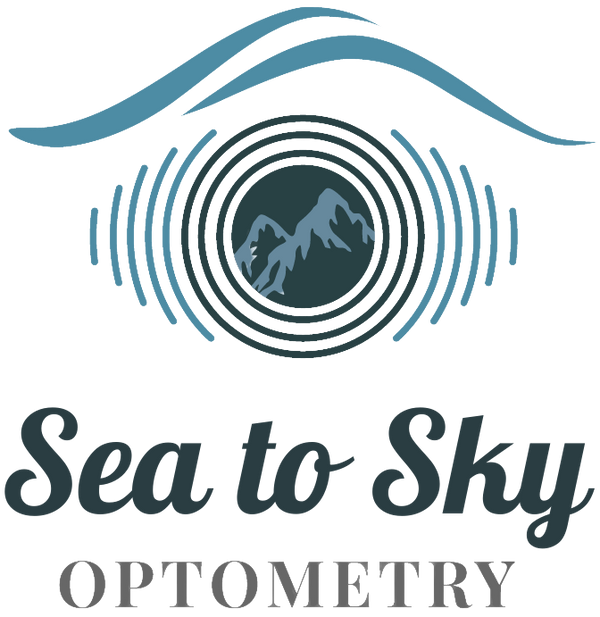What is Macular Degeneration?
Macular degeneration, also known as age-related macular degeneration (AMD), is a common eye condition and a leading cause of vision loss among people aged 50 and older. This condition affects the macula, a small but essential part of the retina responsible for central vision. AMD does not result in complete blindness, but it can significantly impair the ability to see fine details, read, recognize faces, and perform daily tasks.
Types of Macular Degeneration
- Dry Macular Degeneration: This is the more common form of AMD, characterized by the accumulation of drusen (yellow deposits) in the macula. Over time, this can lead to a gradual loss of central vision.
- Wet Macular Degeneration: Although less common, wet AMD is more severe. It involves the growth of abnormal blood vessels beneath the macula, which can leak blood and fluid, causing rapid and severe vision loss.
Symptoms
Macular degeneration can manifest with various symptoms, including:
- Blurred or distorted vision
- Straight lines appearing wavy
- Difficulty recognizing faces
- Dark or empty areas in the central field of vision
Risk Factors
Several factors can increase the risk of developing macular degeneration, including:
- Age: AMD is more common in people over 50.
- Family History: Genetics play a role in the development of this condition.
- Smoking: Smoking is a significant risk factor.
- Hypertension: High blood pressure can increase the risk.
- Obesity: Maintaining a healthy weight is essential.
- Sunlight Exposure: Protecting your eyes from UV rays is crucial.
Diagnosis and Treatment
Early detection of macular degeneration is crucial for managing the disease effectively. At Sea to Sky Optometry, we offer comprehensive eye exams that include the following tests:
- Visual Acuity Test
- Amsler Grid Test
- Optical Coherence Tomography (OCT)
Treatment options for AMD include:
- Lifestyle Modifications: Healthy living, including a balanced diet, smoking cessation, and UV protection, can slow the progression of AMD.
- Nutritional Supplements: Certain vitamins and minerals, such as those found in the AREDS2 formula, can help reduce the risk of advanced AMD. We recommend the MacuHealth AERDS2 Plus vitamins that have additional nutrients of lutein, zeaxanthin, and mesozeaxanthin. MacuHealth is also guaranteed to have the nutrients that it claims on the label with rigorous independent testing.
- Injections: For wet AMD, intravitreal injections done by an retinal specialist may be recommended to inhibit the growth of abnormal blood vessels.
- Low Vision Aids: We can provide guidance on specialized devices to help individuals with AMD make the most of their remaining vision. At Sea to Sky Optometry, we offer many low vision aids such as specialty tints, magnifiers, and digital magnifiers.
Schedule Your Appointment
Don't let macular degeneration affect your quality of life. If you are experiencing symptoms or have risk factors for AMD, contact Sea to Sky Optometry today to schedule an eye exam. Early detection and intervention are key to preserving your vision. Our experienced optometrists are here to provide expert care and personalized treatment options.
Remember, maintaining healthy eyesight is an essential part of a fulfilling and active life. We are dedicated to helping you see clearly and preserving your vision for the years to come.


